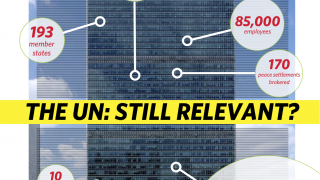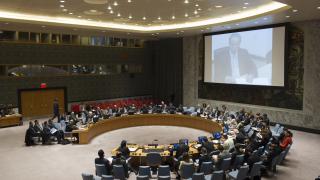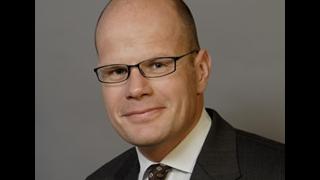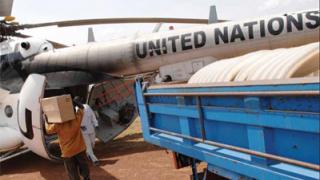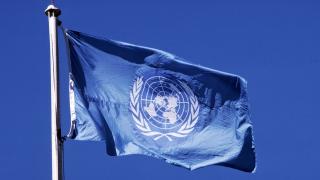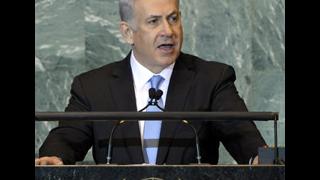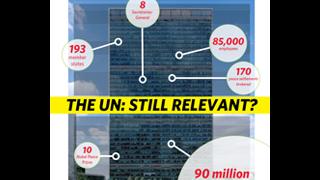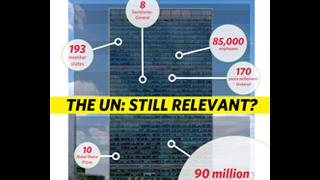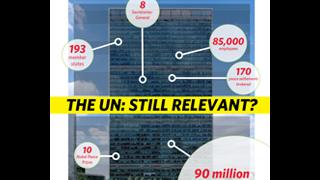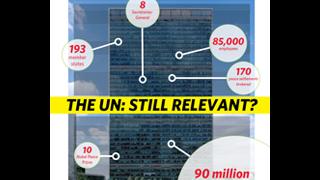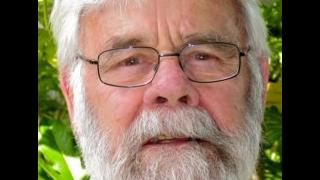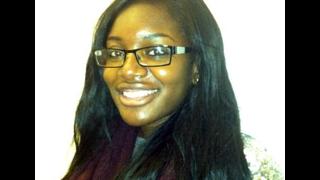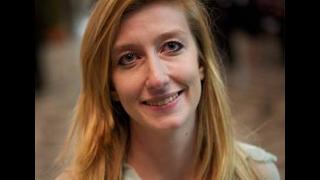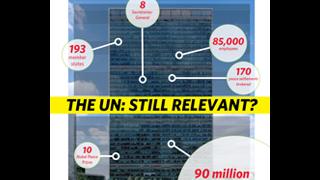
The image of a blue helmet projected onto our newspapers and television screens since the United Nations inception has become an iconic symbol, synonymous with global peace. With around 120,000 civilian and military personnel deployed in all corners of the world, the peacekeeping force is the largest and most visible segment of the UN’s combined global presence.
However, UN peacekeeping operations have recently become dogged by allegations of corruption, abuse and of a failure to intervene in situations of extreme violence. Well documented atrocities in Srebrenica and Rwanda despite a peacekeeping presence and recent cases of human rights violations have challenged public opinion on blue helmets.
From 2004 to 2006, the United Nations disciplined 179 people for sexual abuse, including not only UN soldiers but also civilians and police. The most recent story to emerge, documents a UN peacekeeper allegedly raping an 18 year old Haitian man. Similar allegations have been made in Somalia, Bosnia, Cambodia and Ivory Coast.
The Secretary General of the UN, Ban Ki Moon has asserted his commitment to eradicating incidents of abusive behaviour and has adopted a “zero tolerance policy”. A three-pronged strategy has been enforced by the Department of Peacekeeping Operations (DPKO); prevention of misconduct, enforcement of UN standards of conduct and remedial action. Training, awareness-raising activities and preventative measures at mission level are at the centre of the actions taken by peacekeeping operations with Conduct and Discipline Teams based in 15 peacekeeping missions globally implementing this strategy.
This approach does seem to be having a practical impact; during the first quarter of 2011, DPKO reported a total of 15 allegations of sexual abuse, a 38 per cent decrease from the same period in 2010, and a 16 per cent decrease in the proportion of those allegations concerning minors. Furthermore, there was a decrease of 24 per cent in the number of allegations involving peacekeeping personnel from 2009 to 2010.
However, the issue of most concern is that of accountability. Whilst the UN can continue to adopt robust preventative measures, it remains the responsibility of each member state to impose criminal sanctions on each peacekeeper found guilty. With the majority of peacekeepers originating from developing nations, it is dubious whether many peacekeepers guilty of human rights abuses are fully brought to justice.
Abuses of power are unfortunately not a unique problem to the UN and continue to plague and hamper the work of international organisations, especially those conducting humanitarian work in close contact with vulnerable communities. Allegations detailing human rights abuses committed by those the international community entrusts are the very antithesis to the image of a blue helmet and brings the title of “peacekeeper” into disrepute. The UN must maintain its robust and transparent approach and keep elimination of misconduct at the heart of its peacekeeping agenda. It is vital that we remember the daily sacrifices and invaluable work achieved by the majority of peacekeepers worldwide to ensure that the reputation of blue helmets is not irreversibly tarnished by the unacceptable actions of the minority.
For more information on the United Nations Conduct and Discipline unit, please visit http://cdu.unlb.org/AboutCDU/OurMandate.aspx
Emily Tremlett has an LLB from the University of Bristol. She is currently completing her MA in International Studies and Diplomacy at SOAS, and is a UNA-UK Programme Development Intern.

